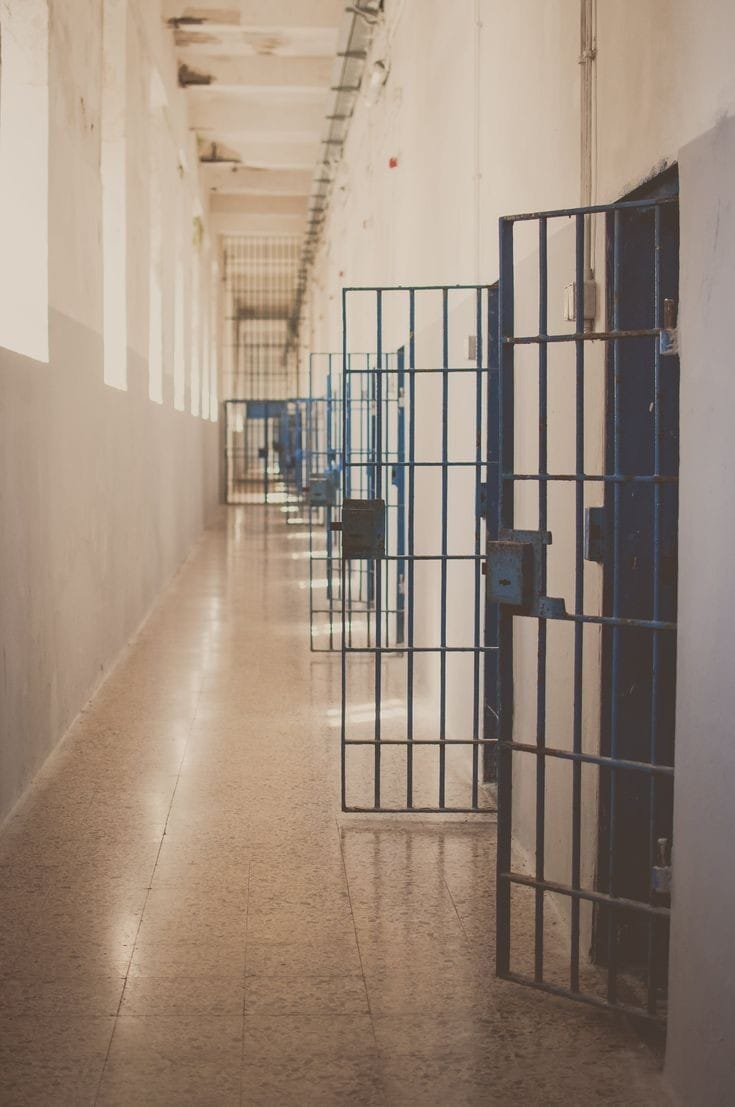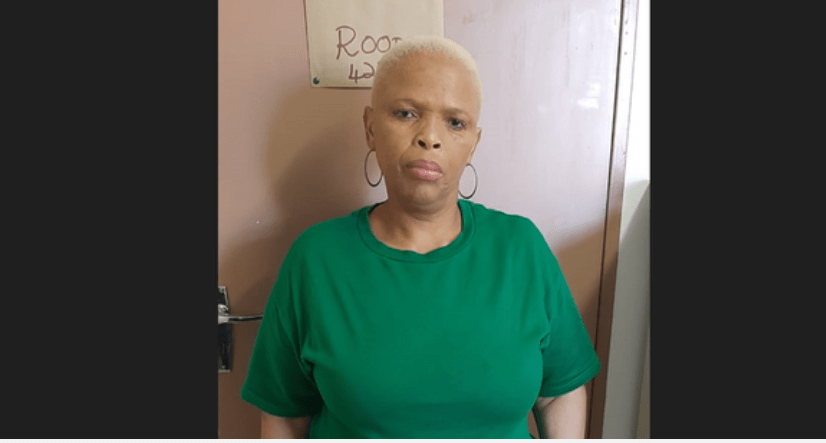The Senzo Meyiwa trial has taken an unexpected turn as the paperwork related to a pointing out exercise conducted by a police officer, Lieutenant Colonel Nkosikhona Hadebe, has come under intense scrutiny in the Pretoria High Court. This development has the potential to significantly impact the case, which revolves around the 2014 murder of Senzo Meyiwa, the former captain of the South African national football team, Bafana Bafana.
The incident in question occurred in June 2020 when Hadebe conducted a pointing out exercise with one of the accused, Muzikawukhulelwa Sibiya. Sibiya is among five individuals facing charges in connection with Meyiwa’s murder.
Advocate Thulani Mngomezulu, representing accused numbers one and two, seized the opportunity to question Hadebe about the inaccuracies in the pro forma statement he completed on the day of the pointing out exercise. Mngomezulu’s line of questioning primarily focused on exposing discrepancies in Hadebe’s statement and using these inconsistencies to raise doubts about Hadebe’s competence and experience as a police officer.
Mngomezulu pointed out what he believed to be a crucial mistake in Hadebe’s statement, stating, “Your first mistake was you said you received the information on the 4th of May, that was the first mistake, and you wanted to correct it under oath.” This discrepancy in dates appeared to be a critical issue. However, Hadebe vehemently defended himself, claiming that the incorrect date was simply the result of a human error.
This development underscores the significance of precise and accurate documentation in a criminal trial. A single error or inconsistency in a statement can potentially raise questions about the credibility of the evidence and the individuals involved. In a high-profile case like the murder of Senzo Meyiwa, such discrepancies can be exploited by the defense to cast doubt on the integrity of the investigation.
As the cross-examination by Advocate Charles Mnisi, representing the third accused, got underway, it became evident that Hadebe had deposed a statement that the State had not provided. This revelation is another critical point in the trial, as it suggests potential lapses in the prosecution’s handling of evidence and documentation. Mnisi’s line of questioning likely aimed to create further doubt about the credibility and thoroughness of the investigation.
In the complex and emotionally charged environment of a high-profile murder trial, the accuracy and reliability of evidence and statements are of utmost importance. Inaccuracies or discrepancies in paperwork can be seized upon by the defense as opportunities to undermine the case put forward by the prosecution.
This turn of events in the Senzo Meyiwa trial highlights the meticulous nature of legal proceedings and the tactics employed by defense lawyers to challenge the prosecution’s case. The case’s outcome may ultimately depend on the ability of both the prosecution and the defense to present their arguments convincingly, and the scrutiny of paperwork is just one aspect of the broader legal battle taking place in the courtroom.
As the trial continues, it will be essential to closely monitor how these issues regarding paperwork and documentation impact the overall case and whether they influence the jury’s verdict.









